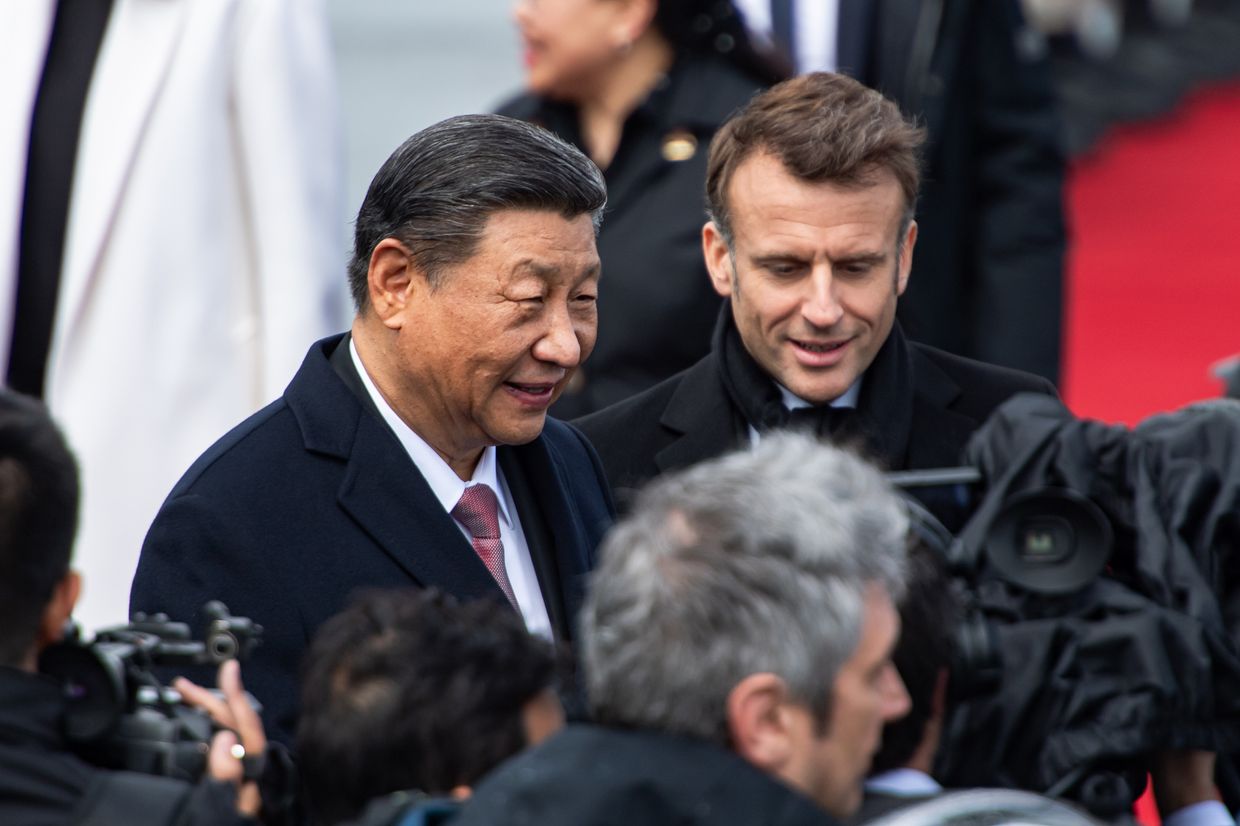European allies ready to cut China investment over Russia backing, Biden says

European NATO countries are ready to curb their investments in China over the country's support for Russia's full-scale invasion of Ukraine, U.S. President Joe Biden said on July 11 in Washington.
The statement came against the backdrop of NATO naming Beijing a "decisive enabler" of Russia's war due to the ongoing flow of dual-use goods and equipment.
This was a radical shift for NATO, as many European members have long been hesitant to openly call out China due to its role as a key economic partner.
"We have to make sure that (Chinese President Xi Jinping) understands there's a price to pay for undercutting both the Pacific basin as well as Europe, and it relates to Russia and dealing with Ukraine," Biden said during the NATO summit in the U.S. capital.
The U.S. president warned that Beijing is "not going to benefit economically" and will not receive the "kind of investment they're looking for" if it continues supplying Moscow with "mechanisms" that allow it to fuel the war effort.
China's appeal for EU companies has already been dropping, with European businesses citing overcapacity across industries and preferential treatment of domestic firms as the key reason.
"I'm dealing with Xi right now — I have direct contact with him," Biden said without elaborating further. The president reiterated that China is not providing direct military support to Russia.
China has deepened economic ties with Russia during the full-scale invasion and backed the country against Western sanctions but insisted it does not support either side of the war, stressing the need for a "peaceful resolution."
In spite of its claims that it strictly controls the flow of dual-use goods, data shows that China has shaped up to be Russia's leading source of such materials. The allies warned that the support may be even more extensive behind the scenes and can include geospatial intelligence.
Kyiv has repeatedly appealed to China to use its sway over Moscow to help bring an end to the war, but these efforts have been largely unsuccessful as the East Asian country snubbed the June global peace summit in Switzerland.












